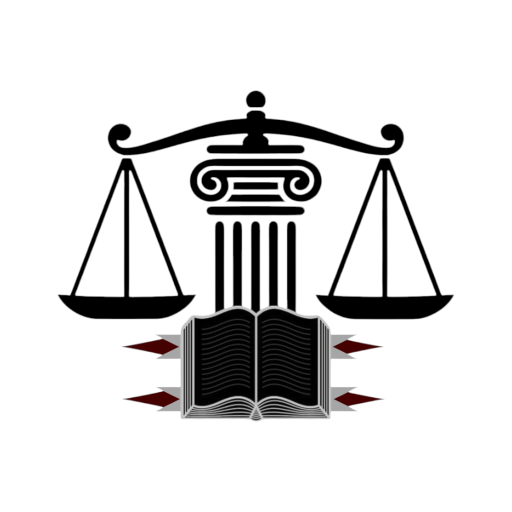Introduction
A state is a political organization of people who live in a specific area under a government with full authority. The idea of the state is very old and goes back to ancient Greece. A state has four main features: a defined territory, a population, a government, and sovereignty. Sovereignty means the state has complete control over its internal affairs and is not ruled by any other power.
Derivation
The word “state” comes from the Latin word status, which means condition or situation.
Definition
The Oxford Dictionary defines a state as “an organized political community under one government.” According to Merriam-Webster, it is a group of people living in a set area with a political system and its own character. A state is called sovereign if it is fully independent and not under the control of any other state.
Functions of a State
A state performs many duties for the people living in it. These can be divided into internal and external functions.
Internal functions include public welfare, law and order, social services, justice, economic development, and political activities. These functions help the people live peacefully and enjoy their rights within the country.
External functions are related to foreign affairs. These include making friendly relations with other countries, working together on international matters, protecting the country from foreign threats, and following international laws.
There are also two types of state functions. Permanent functions are always done by the state, like keeping law and order or making laws. Temporary functions are done only in special situations, such as during natural disasters, when the state helps people in need.
Elements of the State
The state has four main elements: population, territory, government, and sovereignty.
Population
Population means the people who live in a state. It is the most important element because there is no state without people. Greek thinkers like Plato and Aristotle gave their views on the ideal number of people in a state. Plato thought 5,040 people would be ideal. Aristotle said the population should be large enough to meet its needs but small enough to be governed properly. Rousseau suggested 10,000 people. These ideas were based on small city-states like Athens. Today, states have very large populations. For example, India had over a billion people in the 2001 census.
Territory
A state must have a fixed area where its people live. This land is called the territory. It includes the land, water, and airspace of the country. The size of the territory can be large or small. A state cannot exist without land. According to Professor Elliott, territorial sovereignty means that the state is the highest authority within its borders and is free from outside control. India, for example, has an area of over 3 million square kilometers.
Government
The government is the third element of a state. It is the organization that runs the state and makes sure laws are followed. Without a government, a state cannot work. The government creates rules, carries them out, and protects the people. Professor Appadorai said that the government is the body through which the state expresses its will and takes action. C.F. Strong said the state must have top authority to make and enforce laws, and this authority is called the government.
Sovereignty
Sovereignty is the final and most important element of a state. It means the state has full and final power over everything inside its borders and no one is above it. The word comes from the Latin word superanus, which means supreme. The idea of sovereignty became popular with the rise of modern states. Jean Bodin, a French thinker, is known as the father of the modern theory of sovereignty.
Sovereignty has two sides. Internal sovereignty means the state is the highest power over all people and groups inside the country. External sovereignty means the state is free from foreign control and can make its own decisions in international matters.
Conclusion
The state is a key political organization that includes population, territory, government, and sovereignty. These four elements are necessary for a state to exist and function. The state works for the good of its people by ensuring peace, providing services, making laws, and managing foreign relations. Sovereignty makes the state independent, both inside the country and in the outside world. Understanding these elements helps us better understand how states operate and how governments function.
